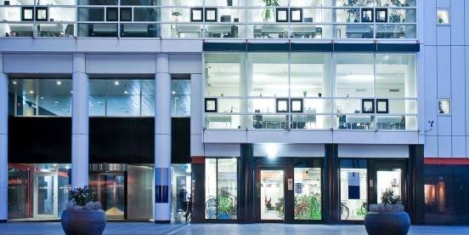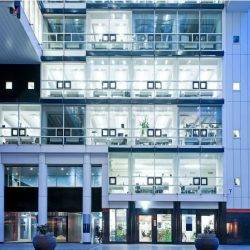March 28, 2017
Surge in the number of people working into their seventies 0
 The number of British people working past 70 years old has increased markedly over the past four years. Poor pensions, personal choice, greater life expectancy and changes to pension laws have all been highlighted as factors behind the increase in the latest report on demographic trends from the Office of National Statistics (ONS). The largest increase was seen amongst women, with the proportion of women working into their seventies doubling from 5.6 percent in 2012 to 11.3 percent last year. Around 150,000 women over seventy are now thought to be working. Meanwhile, the number of men working past the official state pension age has also increased, but at a slower rate, from 10 percent in 2012 to 15.5 percent last year.
The number of British people working past 70 years old has increased markedly over the past four years. Poor pensions, personal choice, greater life expectancy and changes to pension laws have all been highlighted as factors behind the increase in the latest report on demographic trends from the Office of National Statistics (ONS). The largest increase was seen amongst women, with the proportion of women working into their seventies doubling from 5.6 percent in 2012 to 11.3 percent last year. Around 150,000 women over seventy are now thought to be working. Meanwhile, the number of men working past the official state pension age has also increased, but at a slower rate, from 10 percent in 2012 to 15.5 percent last year.

















 Accommodation and food services, manufacturing, and transport industries will be hardest hit by limits on movement of EU and non-EU workers following Brexit, a new report has claimed. The latest edition of Mercer’s
Accommodation and food services, manufacturing, and transport industries will be hardest hit by limits on movement of EU and non-EU workers following Brexit, a new report has claimed. The latest edition of Mercer’s 






 A majority (84 percent) of British employees use their smartphones at work, with 78 percent regularly responding to text messages during working hours and on average spending as many as 120 hours per year using their smartphones during the working day claims new research. The data, compiled by LaptopsDirect.co.uk, also found that 59 percent regularly take personal phone calls whilst working; 52 percent admit to answering instant messages via platforms such as Whatsapp and Facebook, and 9 percent have sent a Snapchat from their workplace. Employers are not completely against the use of smartphones, though under half (44 percent) permit the reasonable use of smartphones, according to the research; but 14 percent of respondents admit to having been told off for using smartphones at work, and 4 percent have been disciplined for use of their own tech during work time. Of most concern for employers is the fact that more than a third (38 percent) of respondents regularly check their social media accounts while at work.
A majority (84 percent) of British employees use their smartphones at work, with 78 percent regularly responding to text messages during working hours and on average spending as many as 120 hours per year using their smartphones during the working day claims new research. The data, compiled by LaptopsDirect.co.uk, also found that 59 percent regularly take personal phone calls whilst working; 52 percent admit to answering instant messages via platforms such as Whatsapp and Facebook, and 9 percent have sent a Snapchat from their workplace. Employers are not completely against the use of smartphones, though under half (44 percent) permit the reasonable use of smartphones, according to the research; but 14 percent of respondents admit to having been told off for using smartphones at work, and 4 percent have been disciplined for use of their own tech during work time. Of most concern for employers is the fact that more than a third (38 percent) of respondents regularly check their social media accounts while at work.









